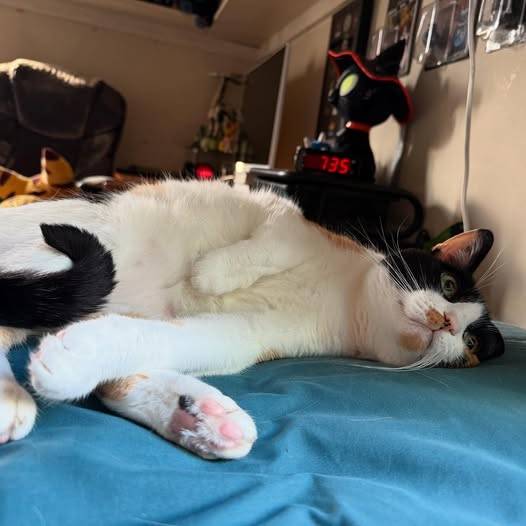magniloquent [mag-nil-uh-kwuhnt]
adjective:
speaking or expressed in a lofty or grandiose style; pompous; bombastic; boastful
(click to enlarge)
Examples:
His star power is based on brains and brawn; he can recite magniloquent phrases while also giving the impression that he could fillet an enemy, Jason Bourne style, armed with only a Bic pen (Jody Rosen, Why Is Matt Damon Shilling for Crypto?, New York Times, February 2022)
The revealing, magniloquent letter is one of more than 1,600 records and documents relating to George IV from the Royal Archives published online for the first time. (Mark Brown, Letters shed light on lovelorn prince who became George IV, The Guardian, October 2019)
In such magniloquent language did the doctor describe the very simple process of fixing a door to the top landing of the house, which gave her the floor to herself. (Edgar Wallace, The Hand of Power)
His magniloquent western name was the moral umbrella upon which he balanced the fine problem of his finances. He was widely respected. (James Joyce, Dubliners)
It was empty, magniloquent, abstract, flatulent, pretentious, confused, and sub-human. I could have wept salt tears. But I couldn't do anything else; the young man wanted a clean heart and a new spirit, not a little top-dressing. (Logan Pearsall Smith, Unforgotten Years)
Origin:
1650s, a back-formation from magniloquence, or else from Latin magniloquentia 'lofty style of language,' from magniloquus 'pompous in talk, vaunting, boastful,' from combining form of magnus 'great' (from PIE root meg- 'great') + -loquus 'speaking,' from loqui 'to speak' (from PIE root tolkw- 'to speak'). Wycliffe (late 14c) translates Latin magniloquam as 'speechy'. (Online Etymology Dictionary)
Magnus means 'great' in Latin; loqui is a Latin verb meaning 'to speak.' Combine the two and you get magniloquus, the Latin predecessor of magniloquent. English-speakers started using magniloquent in the 1600s, despite having had its synonym grandiloquent since the 1500s. (Grandiloquent comes from Latin grandiloquus, which combines loqui and grandis, another word for 'great' in Latin.) Today, these synonyms continue to exist side by side and to be used interchangeably, though grandiloquent is the more common of the two. (Merriam-Webster)

 amused
amused





 both delighted and enraged
both delighted and enraged
